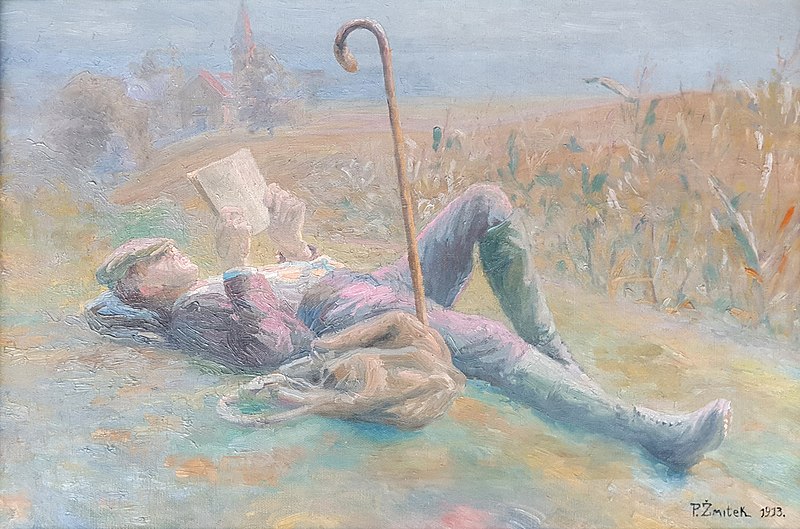Examination questions from the final Classical Honours School at Oxford University, 1899 — “to have passed through it was the hallmark of a superbly educated man, and its graduates went on to rule the nation and, in that heyday of British imperialism, half the world too”:
- Sketch the history of the Syracusan democracy between the fall of Thrasybulus in 466 B.C. and the accession of Dionysius I in 406 B.C.
- Is it a fact that thought begins not with the term but with the judgement?
- Describe the circumstances which led to the Bank Charter Act of 1844.
- What were the leading characteristics of fourth-century tyranny?
- To what extent does history confirm Machiavelli’s views on mercenary armies?
- In what respects has Aristotle’s advance in psychology enabled him to improve on the moral theories of Plato?
- What account can be given of our perception of distance?
- What is the ground of the obligation to veracity?
- Trace the history of the principle of betterment in the English system of local taxation.
- Describe the relations of Rome with Numidia at different periods of history.
“The general assumption was that a man who had mastered this range of thought and theory could master anything.”
From Jan Morris, The Oxford Book of Oxford, 1978.



